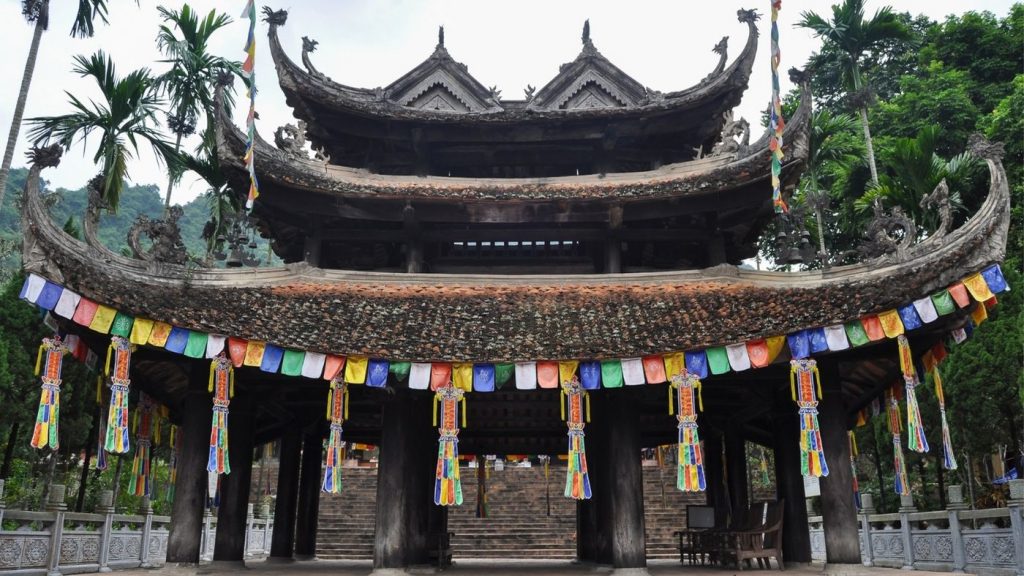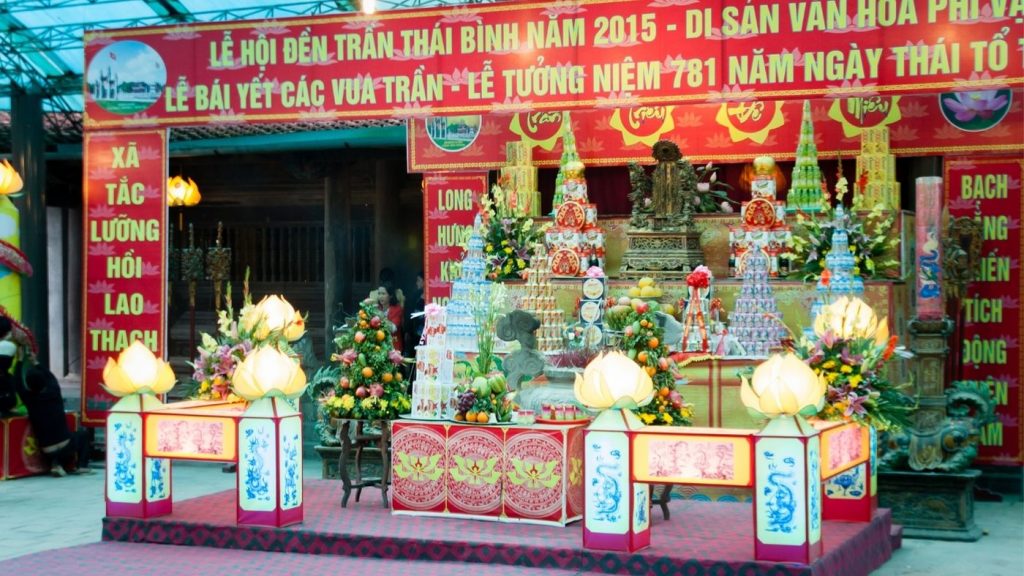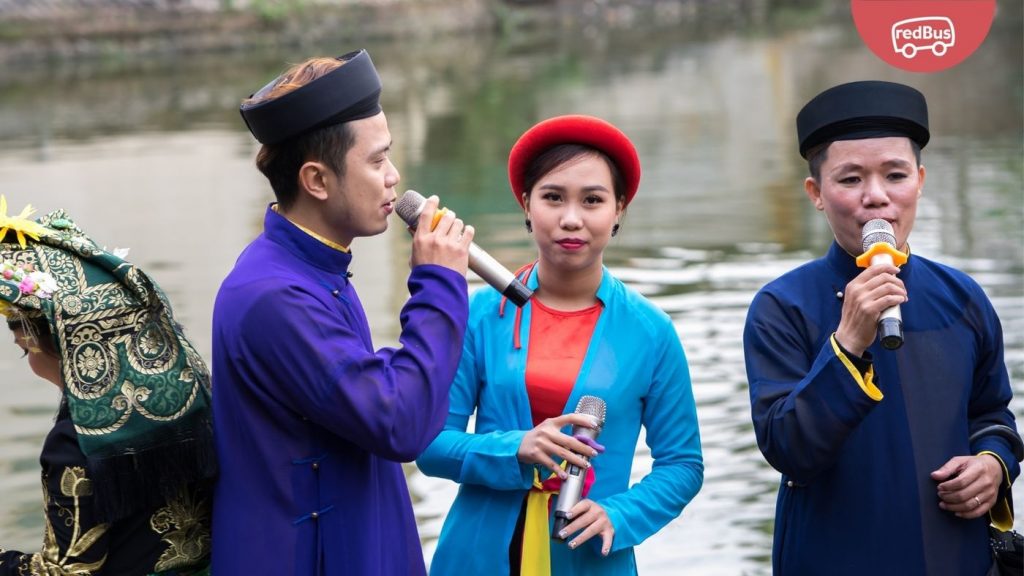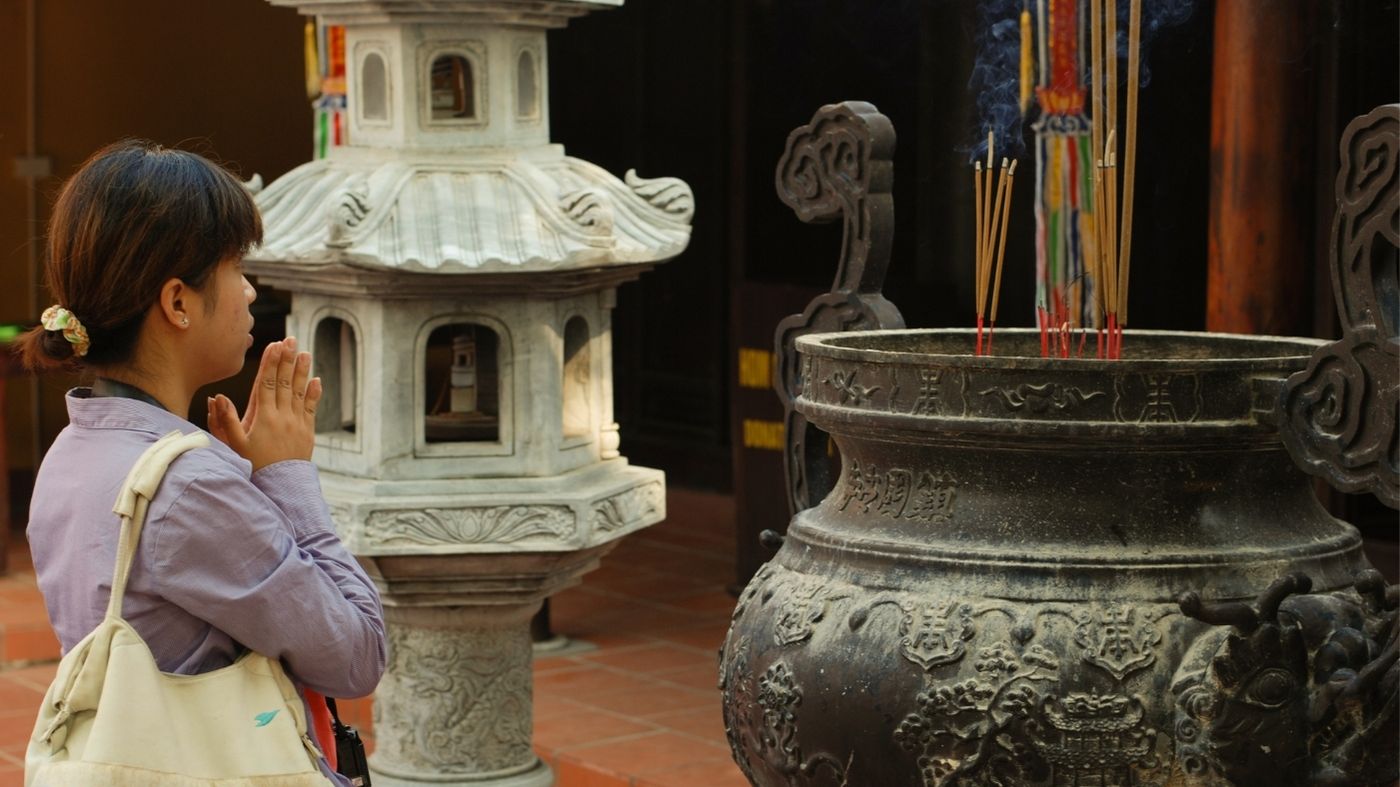Spring in Vietnam is like a vibrant tapestry woven with the threads of history, spirituality, and joy. As the Lunar New Year ushers in a season of renewal, communities across the nation celebrate with festivals that honour ancient traditions while inviting modern exuberance. Have you ever wondered how centuries-old customs continue to charm both locals and travellers alike? In this article, we explore a variety of spring festivals in Vietnam, each with its own unique flavour, cultural significance, and memorable experiences that invite you to join in the celebration.
Spring in Vietnam is not just a season—it’s an emotion that comes alive in many colors, sounds, and rituals. From north to south, festivals burst into life with the arrival of the Lunar New Year. These celebrations are deeply rooted in Vietnamese history and culture, serving as a reminder of the sacrifices and achievements of generations past. Whether you’re a curious traveller or a local revisiting your heritage, the spring festivals invite you to experience the country’s vibrant soul. Imagine a garden blooming after a long winter, each flower representing a unique tradition passed down through centuries. Isn’t it amazing how such celebrations can bring people together in both reverence and revelry?
Below, you will find a detailed guide to some of the most celebrated spring festivals across Vietnam—from sacred temple rituals to lively folk games that bring communities together in festive harmony
Hương Pagoda Festival: A Cultural Journey

The Hương Pagoda, or Perfume Pagoda Festival, is one of Vietnam’s most iconic spring celebrations. Held in Hương Sơn Commune near Hà Nội, this festival spans from the sixth day of the first lunar month to the fourth day of the fourth lunar month. Its prolonged duration gives everyone—from the devout pilgrim to the curious traveller—a chance to immerse themselves in centuries-old rituals.
Key Highlights:
- Sacred Rituals: Visitors witness incense offerings, prayers, and ceremonies dedicated to deities and ancestral spirits.
- Cultural Activities: Traditional folk games, boat races, mountain climbing, and even puppet performances add a playful spirit to the solemnity of the rituals.
This festival is like a living museum where every step you take tells a story of faith, perseverance, and the enduring legacy of Vietnamese culture.
Trần Temple Festival: Honoring the Past

Celebrated in Thái Bình Province, the Trần Temple Festival is an evocative homage to the Trần Dynasty. 2025 marks the 800th anniversary of the reign of the Tran dynasty. Held from the 13th to the 16th day of the first lunar month, this festival is not only a tribute to historical valour but also a celebration of community spirit. In 2014, the festival was listed as a National Intangible Cultural Heritage.
Festival Features:
- Ceremonial Splendor: Rituals such as temple opening ceremonies, water processions, and incense offerings fill the air with a sense of solemn pride and remembrance.
- Cultural Performances: From spiritual singing (hát văn) to dramatic music and dance shows, the festival provides a glimpse into the art forms that have shaped Vietnamese identity.
- Community Involvement: The festival invites local families and visitors alike to engage in contests like wrapping bánh chưng and fish-feast cooking competitions, ensuring that everyone feels part of the historical narrative.
The Trần’s Temple Festival celebrates national pride—a moment to reflect on the past while looking forward to a prosperous future.
Ba Chua Xu Festival : Honoring the Local Gods
In An Giang Province, the Ba Chua Xu Festival is one of the most significant religious events in the region. Taking place from the 22nd to the 24th day of the fourth lunar month at the Ba Chua Xu Temple in Nui Sam, Chau Doc City, the festival honours the sacred Ba Chua Xu—a local tutelary goddess revered as the protector of the Vietnamese border and a symbol of prosperity and health.
The celebrations include five distinct folk ceremonies, such as a procession in which the statue of Ba Chua Xu is carried from Sam Mountain to the temple, followed by a ritual washing of the statue. This festival exemplifies spiritual devotion and strengthens communal ties, as nearly two million pilgrims participate annually.
Bà Đen Mountain Spring Festival: Nature and Spirituality
The Bà Đen Mountain Spring Festival in Tây Ninh Province is a mesmerizing blend of natural beauty and spiritual devotion. Rising majestically as the highest peak in south Vietnam, Bà Đen Mountain becomes a sacred pilgrimage site during the spring festival.
Key Attractions:
- Scenic Beauty: With panoramic views, lush landscapes, and mystical clouds enveloping the peak, every moment spent here is like a scene from a classic Vietnamese poem.
- Religious Significance: Pilgrims flock to worship at the summit, where colossal Buddha statues and other deities are guardians of peace and prosperity.
- Modern Conveniences: Installing cable car systems ensures that the journey to spiritual enlightenment is accessible, reducing travel time and enhancing visitor comfort.
This festival is not just an event—it’s an experience that merges nature with spirituality, inviting you to reflect, rejoice, and reconnect with the divine.
Dong Ky Village Festival: Firecracker Rituals
In the quaint Dong Ky village of Bac Ninh Province, the spring festival takes on a fiery twist with its unique firecracker procession rituals.
Cultural Significance:
- Vibrant Processions: The festival opens with a dramatic parade where giant firecrackers are carried from traditional houses to communal spaces, symbolizing the warding off of evil and the welcoming of prosperity.
- Ritual Ceremonies: Before the lively competitions, villagers worship solemnly at the communal house to pay respects to their local deities.
- Competitive Spirit: A contest between ritual masters (Ong dam) and a running race involving community-selected champions add a layer of fun and friendly rivalry to the festivities.
Dong Ky’s celebration is a delightful blend of tradition and excitement, where the echoes of firecrackers signal not only the start of a new year but also the unity and spirit of the community.
Dong Da Festival: Celebrating National Pride
Hanoi’s Dong Da Festival is one of the city’s oldest and most cherished Vietnamese Lunar New Year events, celebrating the arrival of spring but also the heroic spirit of the nation.
Festival Highlights:
- Historical Commemoration: The festival commemorates the victory of national hero Emperor Quang Trung, recalling the fierce battles that secured Vietnamese independence.
- Cultural Performances: Expect dynamic martial arts displays, traditional music performances, and folk games that reenact historical battles with passion and precision.
- Community Gathering: Early in the morning, residents converge at the Dong Da Culture Park, where the spirit of patriotism is as palpable as the cool morning breeze.
Dong Da Festival is a powerful reminder of Vietnam’s storied past, where history is not just remembered but actively celebrated through art, sport, and communal pride.
Soc Temple and Saint Giong Festival: Heroic Legacies
The Soc Temple and Saint Giong Festival celebrates heroism and mythical lore that has captivated Vietnamese hearts for generations. Honoring the legendary Saint Giong, this festival is steeped in stories of courage and sacrifice.
Key Elements:
- Legendary Narratives: Saint Giong, a symbol of valor who once transformed from a young boy into a giant warrior, is celebrated through elaborate processions and reenactments.
- Ritual Ceremonies: Traditional rites, including love duets, wrestling, and folk games, are performed to invoke the blessings of the patron deity of harvest, peace, and family prosperity.
- UNESCO Recognition in 2010: With its deep-rooted cultural significance, the festival has earned recognition as a world intangible cultural heritage, ensuring that its legacy endures for future generations.
This festival is like an epic saga—each ritual and performance narrates a tale of heroic deeds and timeless values that continue to inspire us today.
Yen Tu Festival : Pilgrimage Festival
Perched atop the sacred Yen Tu Mountain in Uong Bi City, the Yen Tu Festival is a pilgrimage like no other. Spanning from the 10th day of the first lunar month to the end of the third lunar month, this festival is held within Yen Tu – a Pagoda complex comprising 11 pagodas, countless shrines, and numerous historical relics.
Devotees and tourists alike participate in solemn processions and rites, praying for luck, health, and prosperity for themselves and their families. In addition to the spiritual ceremonies, visitors can engage in traditional folk games such as cock fighting, tug of war, cloth ball throwing, and even chess—each activity echoing the simple joys of rural life.
Vieng Market Festival: A Bustling Post-Tet Tradition
After the exuberance of the Lunar New Year, the Vieng Market Festival in Nam Dinh Province offers a unique post-Tet experience.
Opening on the 8th day of the first lunar month, the market becomes a hub of activity where locals and visitors mingle, shop, and celebrate.
The market isn’t just a place for commerce—it’s a vibrant cultural gathering spot where traditional goods, local crafts, and regional foods are showcased in their best light.
Lim Festival : Quan Ho Singing

Just a short journey away, the Lim Festival in Tien Du District of Bac Ninh Province offers a symphony of cultural sounds and sights. Taking place from the 12th to the 14th day of the first lunar month, the festival is celebrated with worship ceremonies that honour local deities. Yet, its true highlight is the enchanting performance of quan ho singing—a traditional love duet recognized by UNESCO as an Intangible Cultural Heritage in 2009.
With each melodious note, the singers recount tales of daily life and profound emotions, their voices resonating against the backdrop of Lim Pagoda on Lim Hill. Visitors are even invited to join in the festive atmosphere, sampling local specialties and experiencing a tradition that is as much about community as it is about art.
Lồng Tồng Festival: A Glimpse into Ethnic Traditions
In the northern mountainous regions, the Lồng Tồng Festival offers an intimate glimpse into the agricultural traditions of the Tày ethnic group.
Festival Insights:
- Agricultural Roots: Celebrated from the 8th day of the Lunar New Year, the festival is dedicated to honoring the god of agriculture. This ritual underscores the deep connection between people and the land.
- Traditional Rituals: The day begins with a colourful parade featuring nine trays of local specialities as offerings, followed by lion dances, ploughing rituals, and folk games such as tug of war and cloth ball throwing.
- Cultural Heritage: Recognized as a national intangible cultural heritage, the Lồng Tồng Festival not only celebrates agricultural bounty but also preserves the rich traditions of ethnic minorities, making it a must-see for travelers interested in authentic cultural experiences.
Much like a traditional quilt made up of diverse patterns and fabrics, the Lồng Tồng Festival showcases the rich and varied cultural heritage that forms the backbone of Vietnam’s identity.
Spring festivals shine as beacons of history, tradition, and joy in the vibrant mosaic of Vietnamese culture. From the sacred grounds of ancient temples to the bustling market streets, every festival offers a unique window into the heart and soul of Vietnam. These celebrations remind us that while time may change, the values of community, respect for heritage, and the joy of renewal remain timeless.
Planning your travel around the cities for your temple run is now much easier with the top options of buses and limousines on redBus. Book your sleeper bus and limousine tickets with a 40% discount with our special promo offers. Check out more at the link and book your tickets now!
